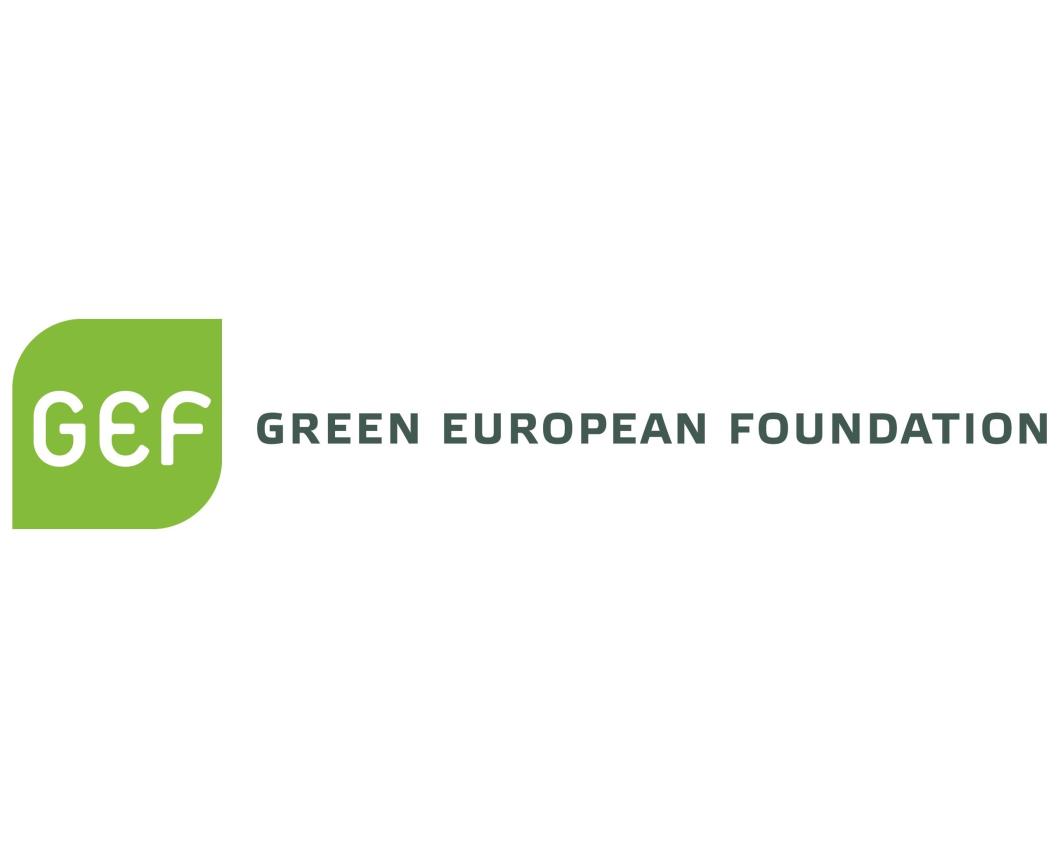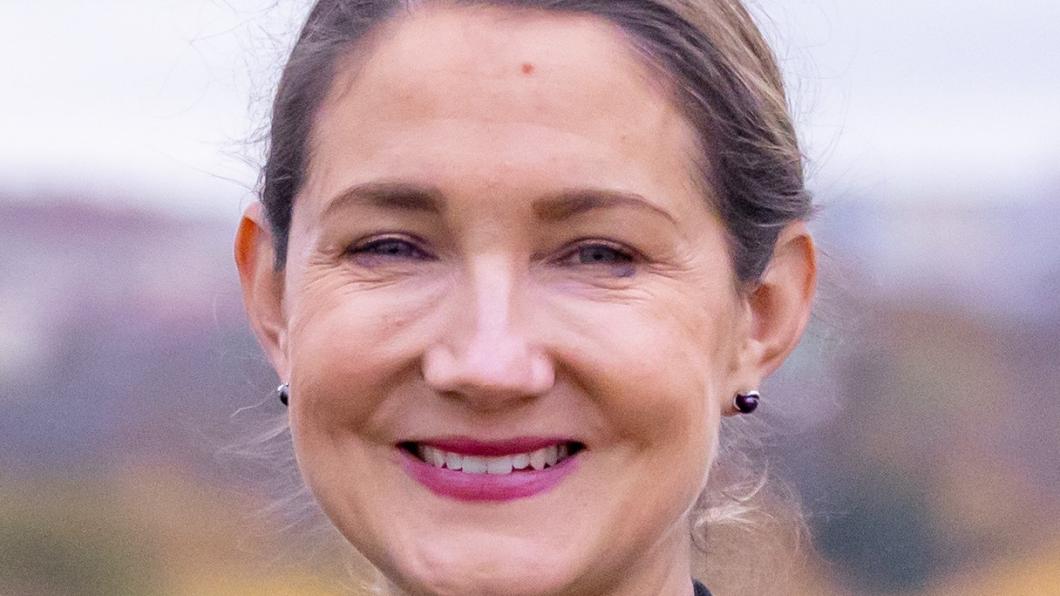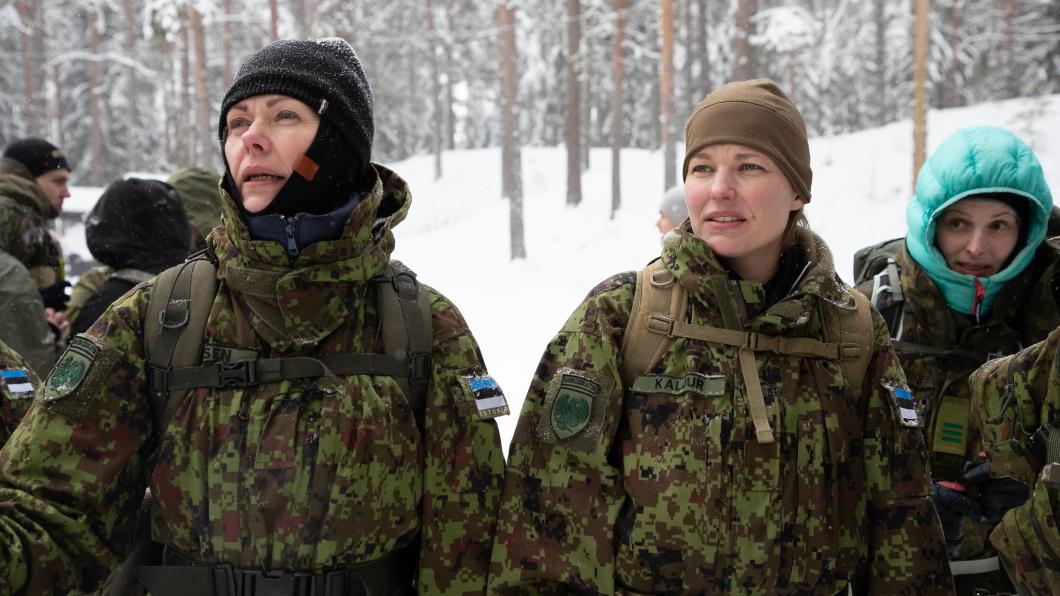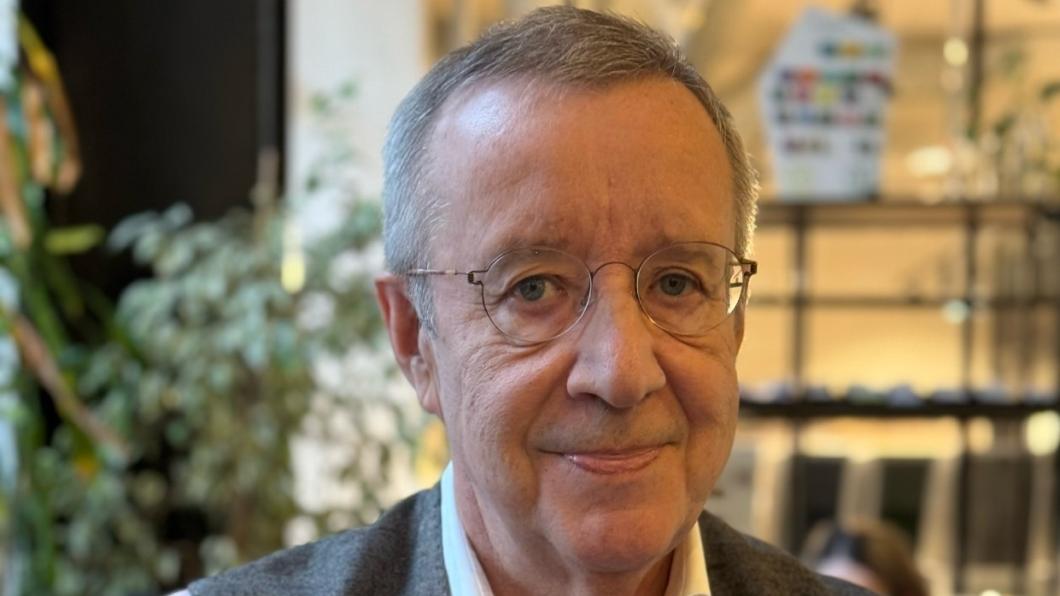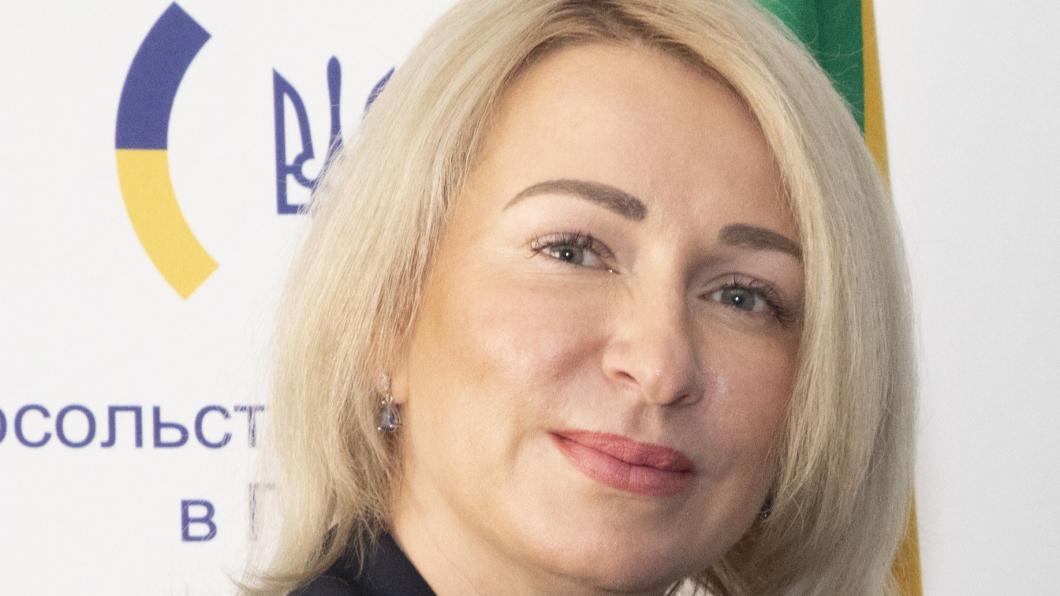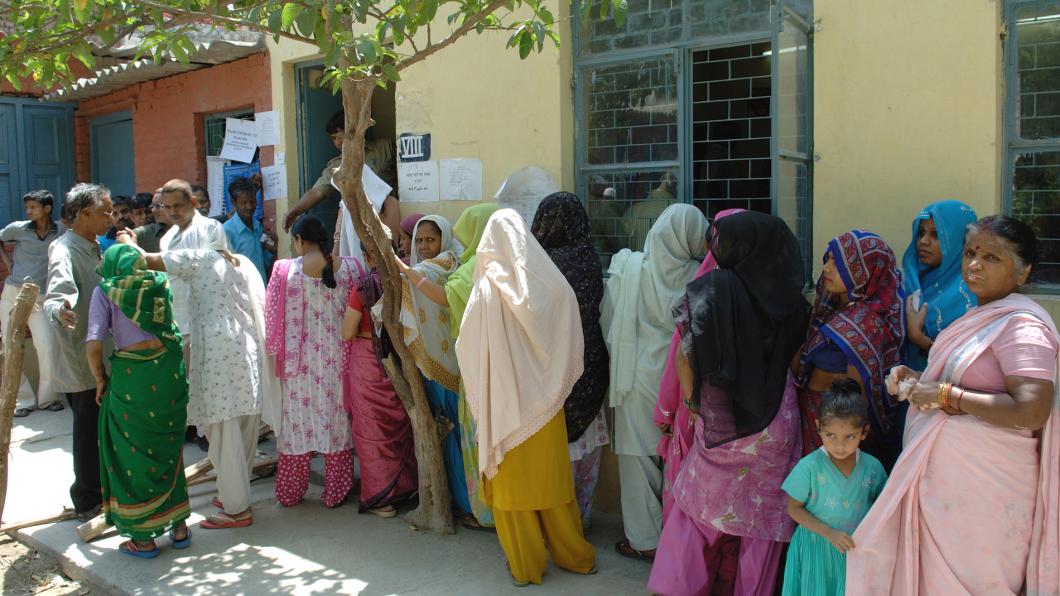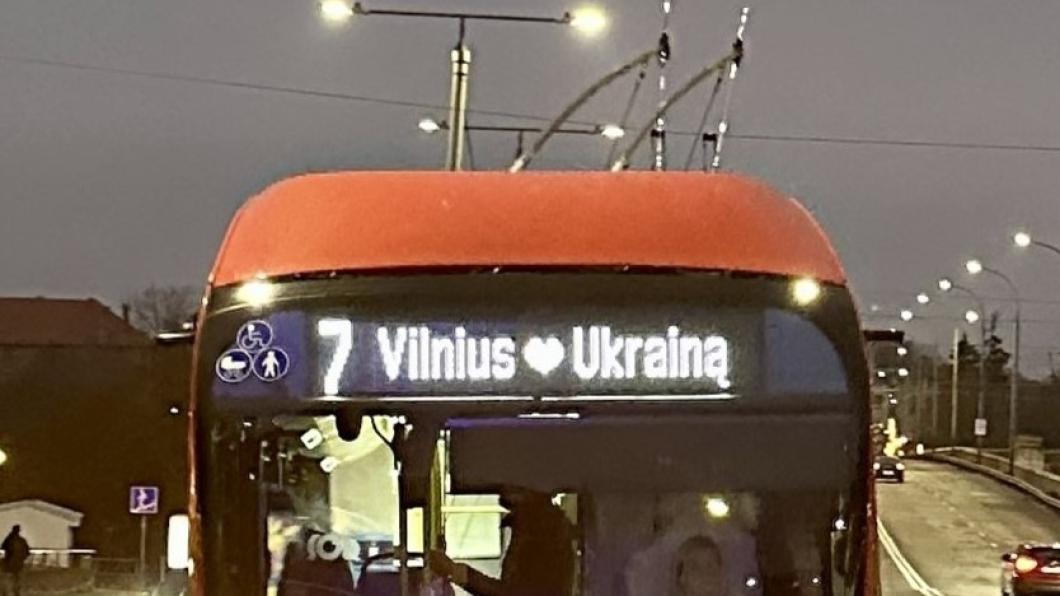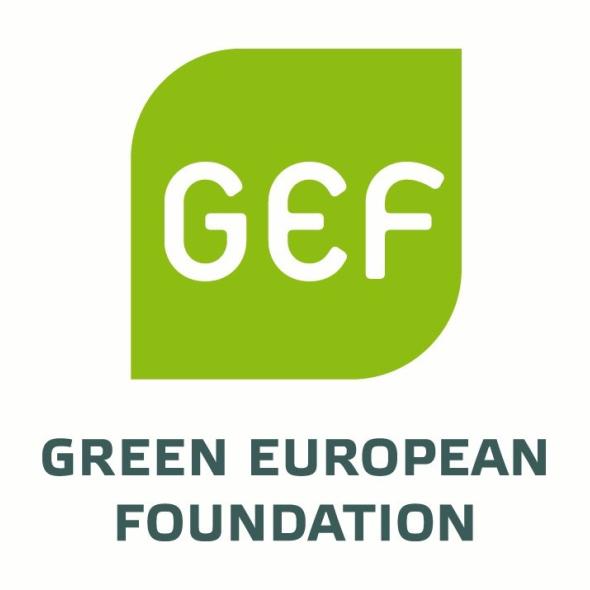Ever since the fall of the Berlin Wall, the countries of Central and Eastern Europe (CEE) that regained their independence have been receiving lessons from their western neighbours: they were told what to do in order to become responsible members of the European and transatlantic communities. This project reverses perspective: it invites us to find out what Western and Southern Europe can learn from CEE.
Politicians and analysts from CEE were the first to warn of the threat that Russia's authoritarian turn and revisionist imperialism posed to the Pax Europaea. After Russia's full-scale invasion of Ukraine in 2022, they were among the staunchest supporters of the Ukrainians in their fight for survival – and they still are today. They steadfastly point out that if Russia gets its way in Ukraine, we will not return to peace. We are likely to face new wars of conquest, both by the Putin regime and by autocrats elsewhere emboldened by the reluctance of democratic states to do what is necessary to defend each other and a rules-based international order. This grim prospect is drawing closer, now that the US government under Trump is siding with the Putin regime against Ukraine and Europe.
